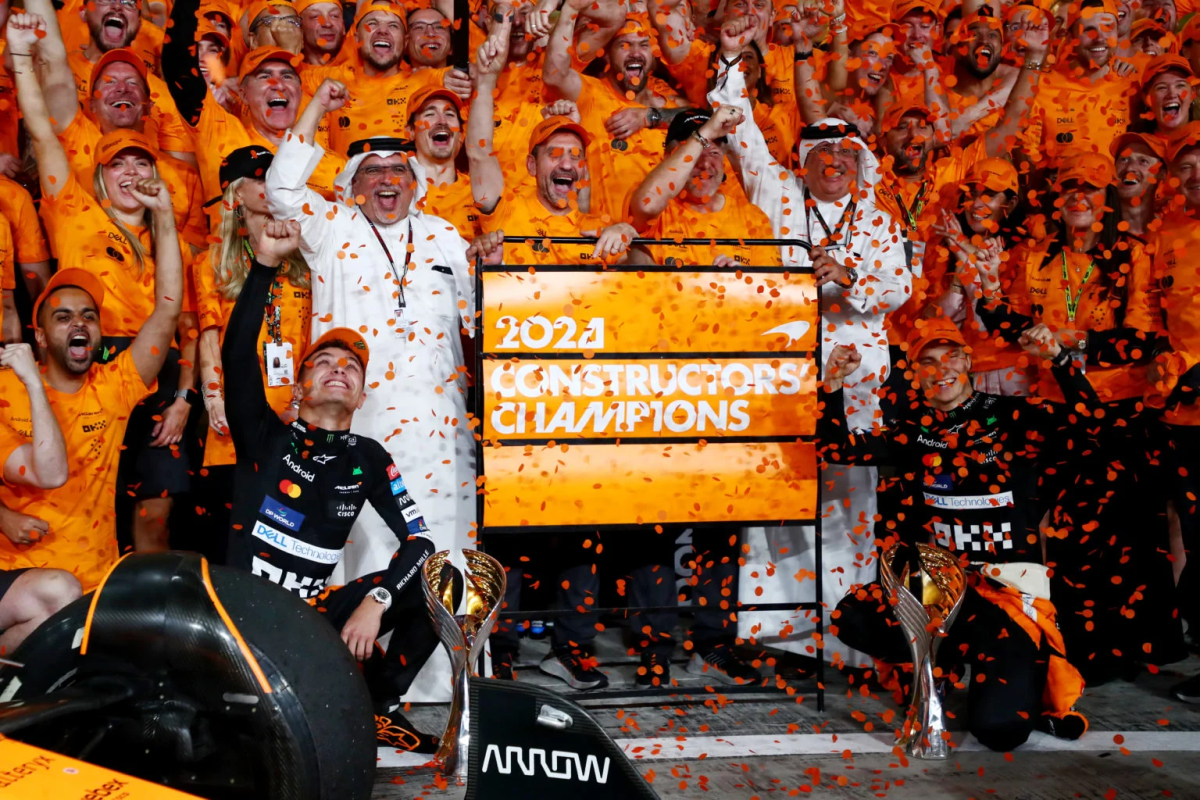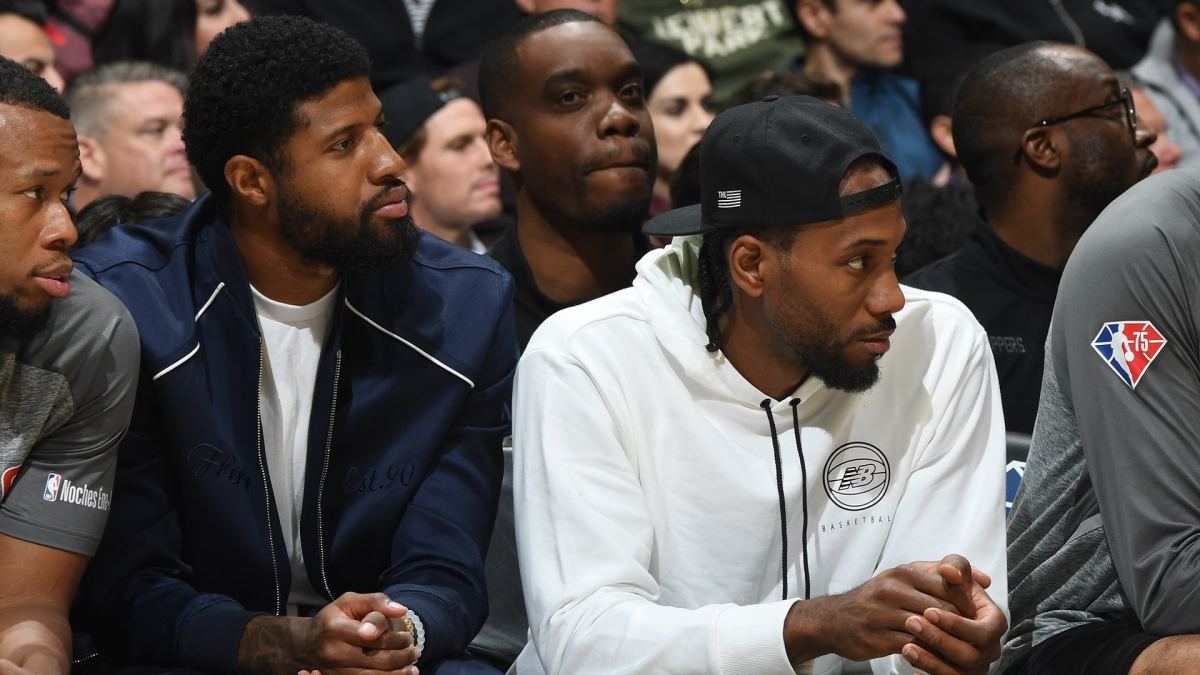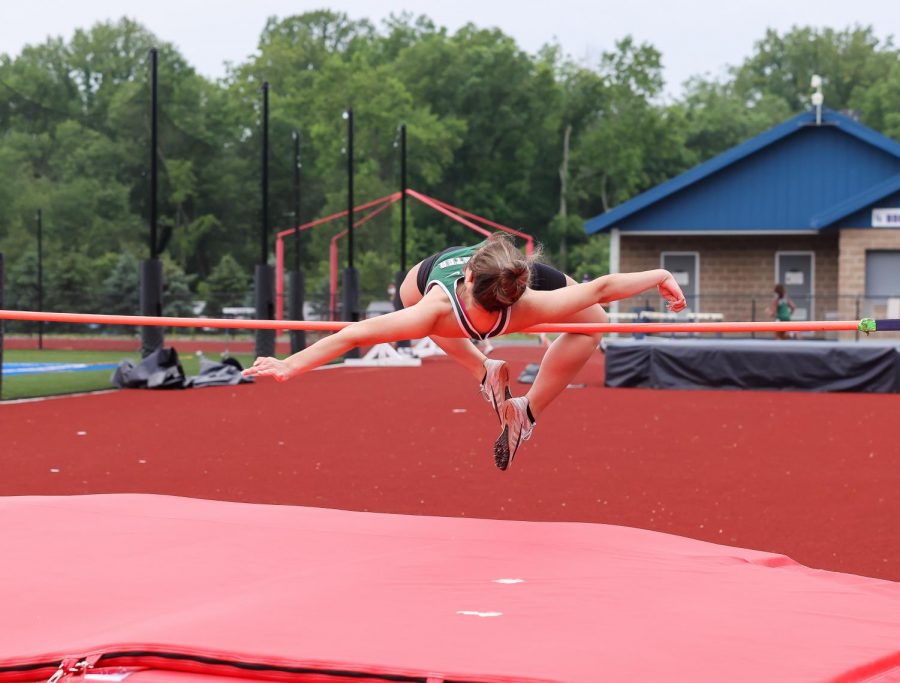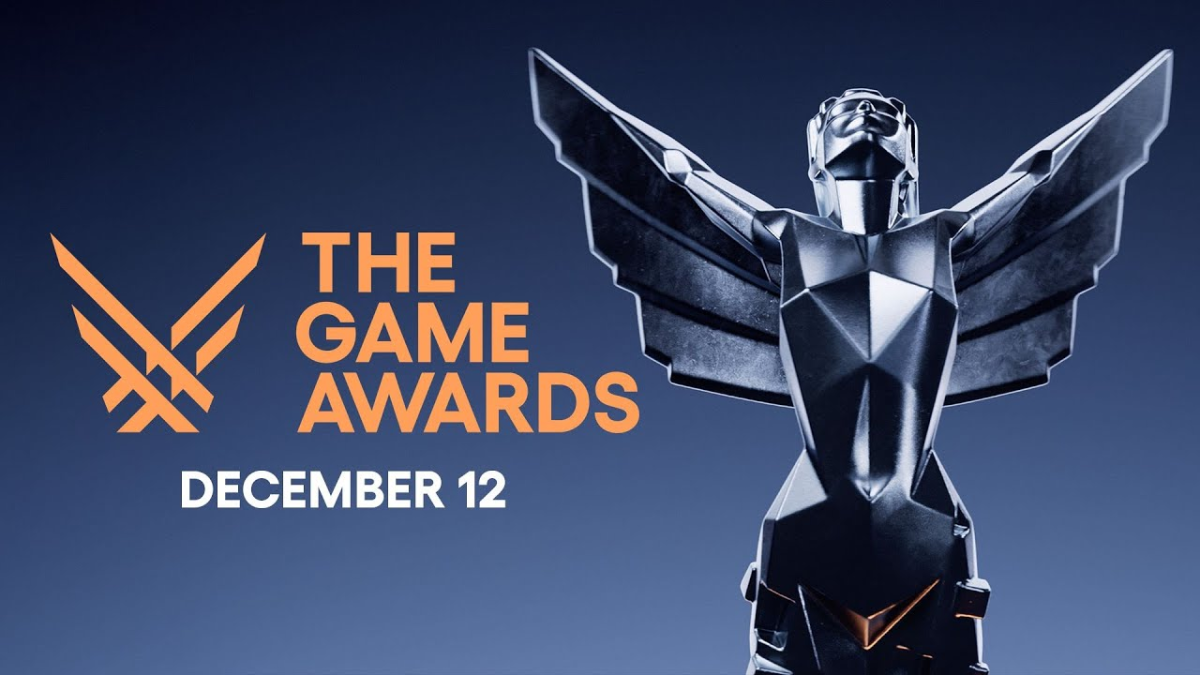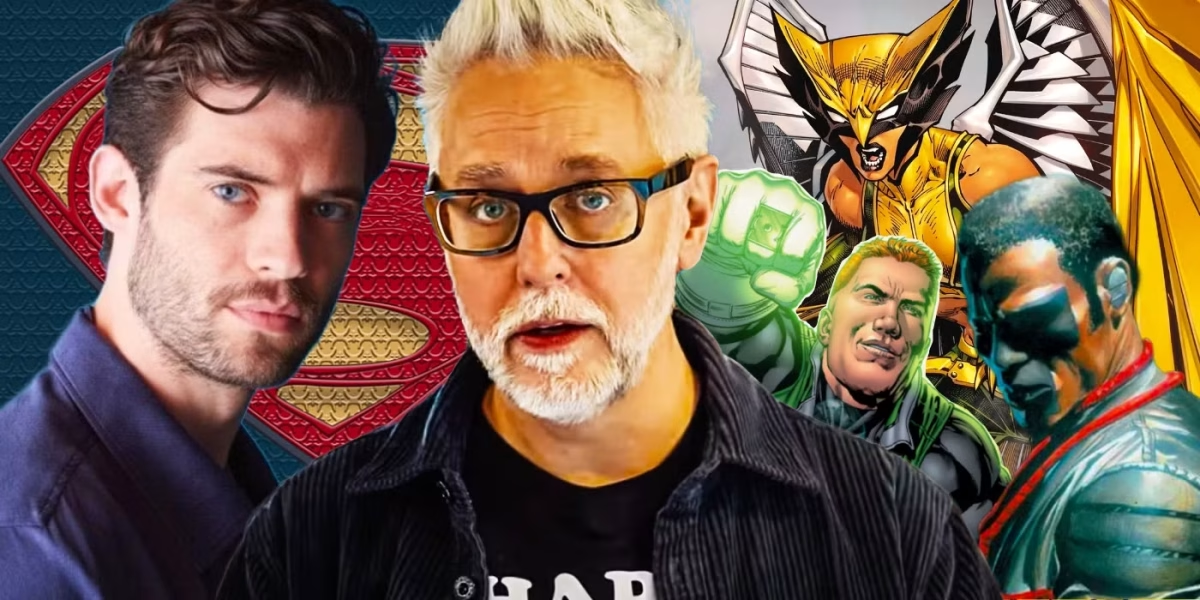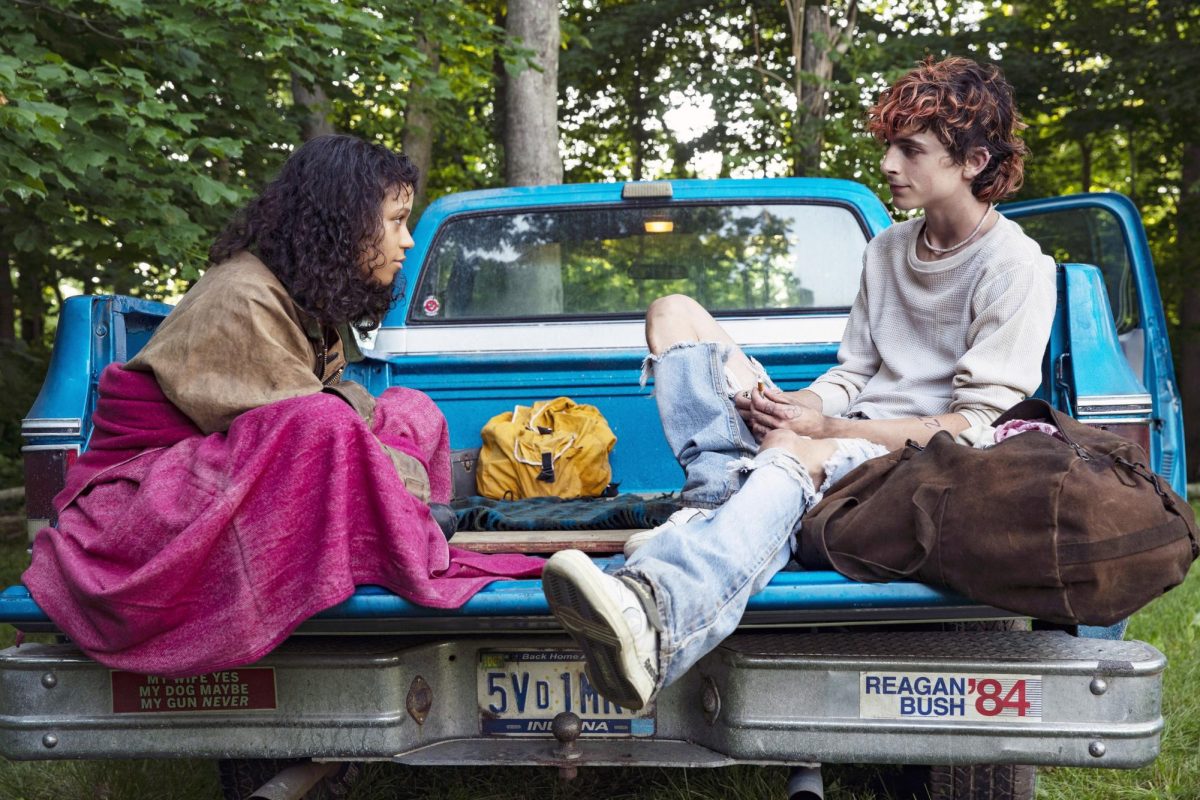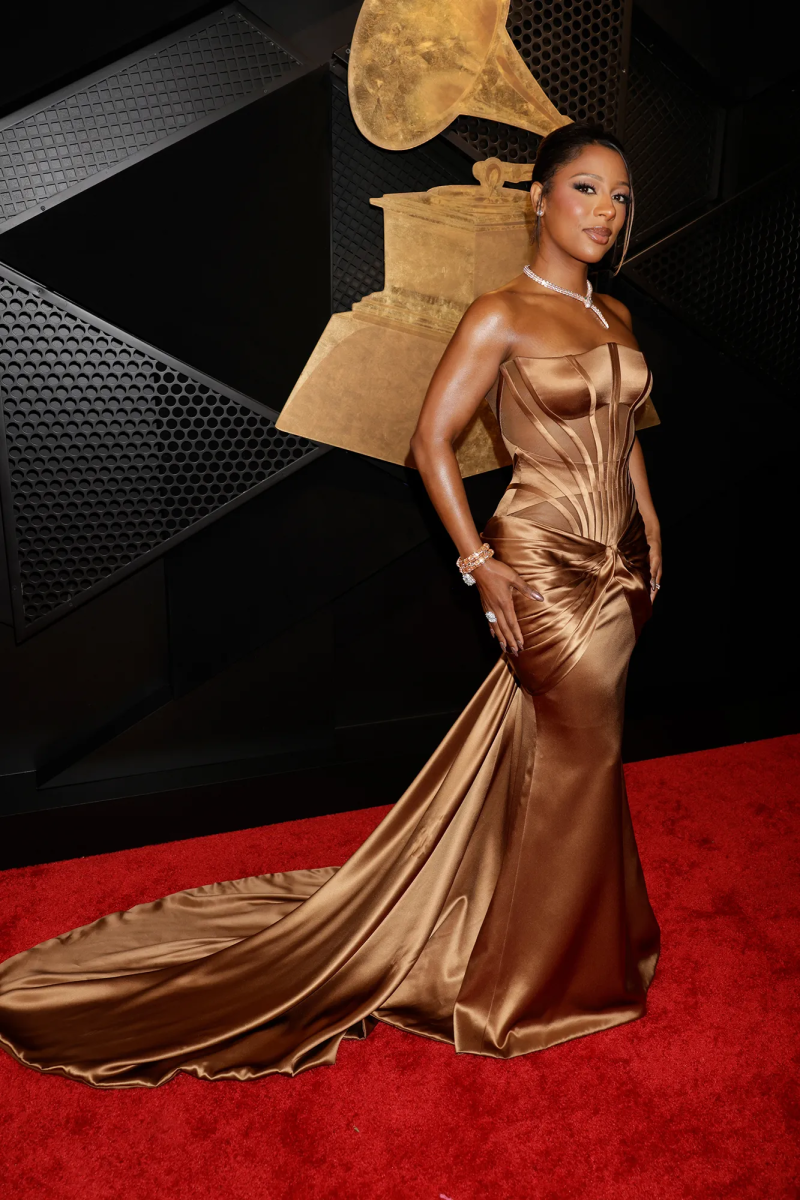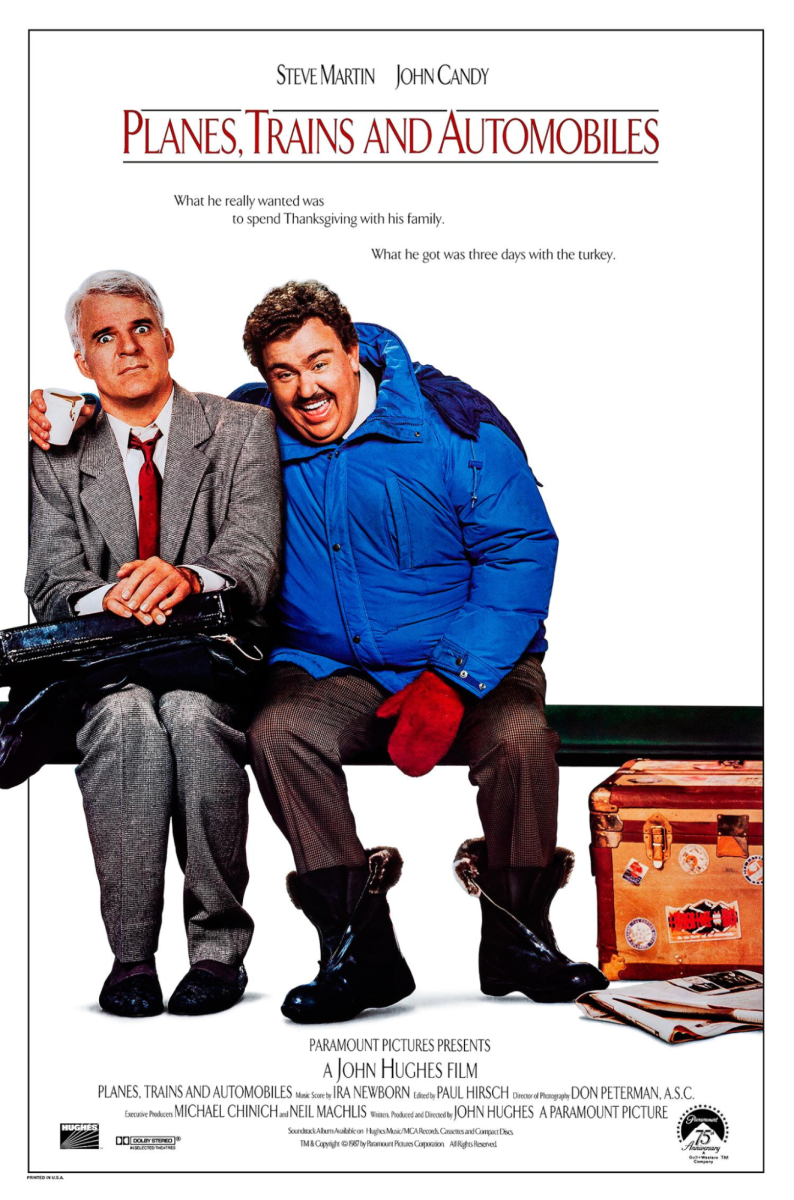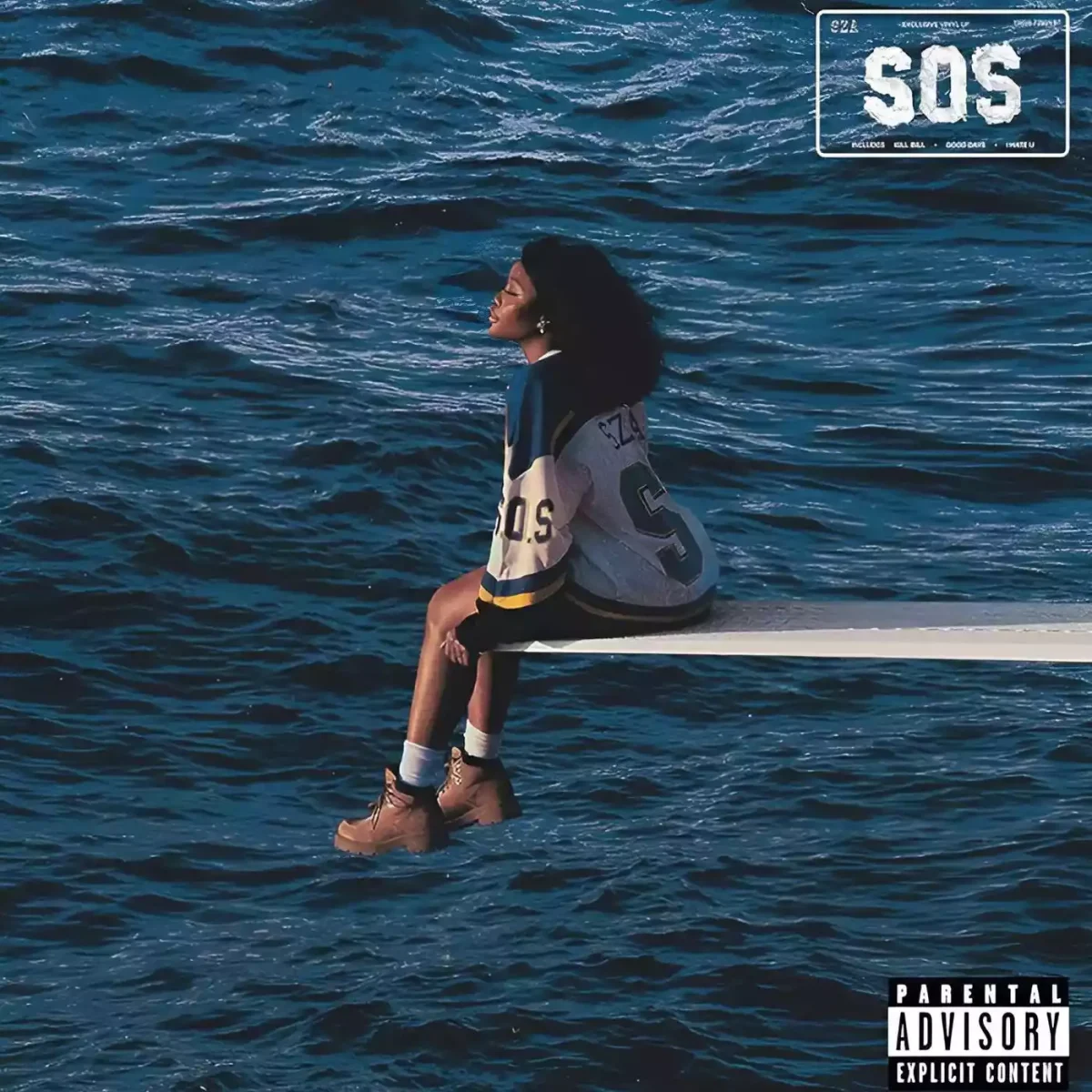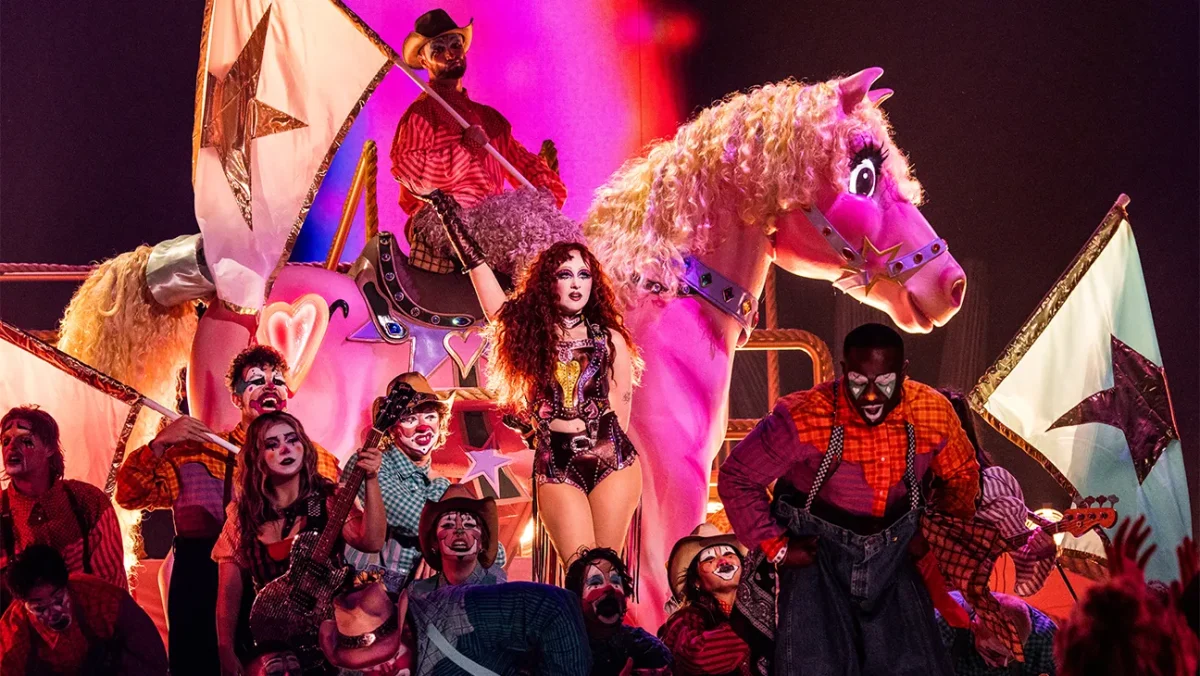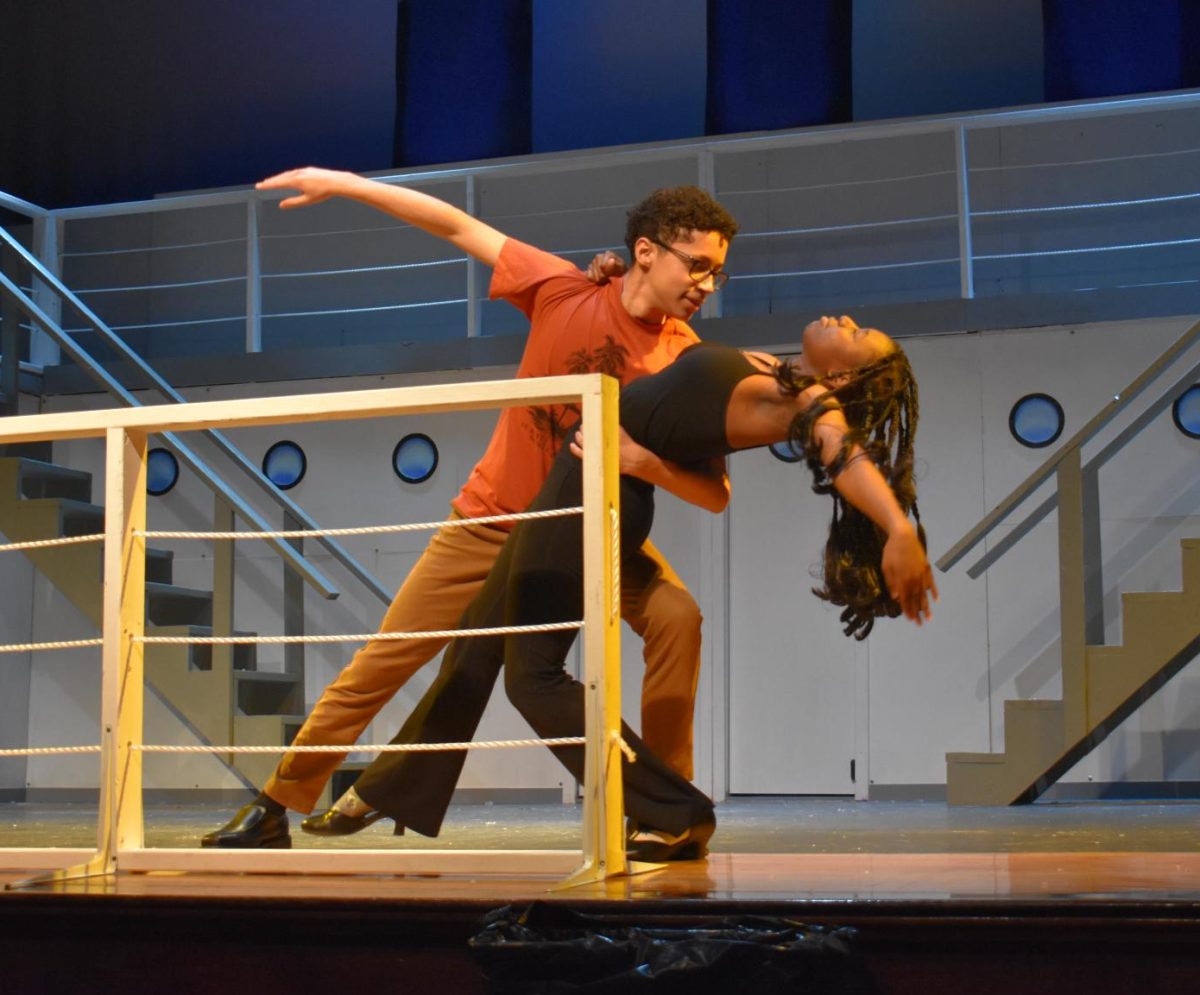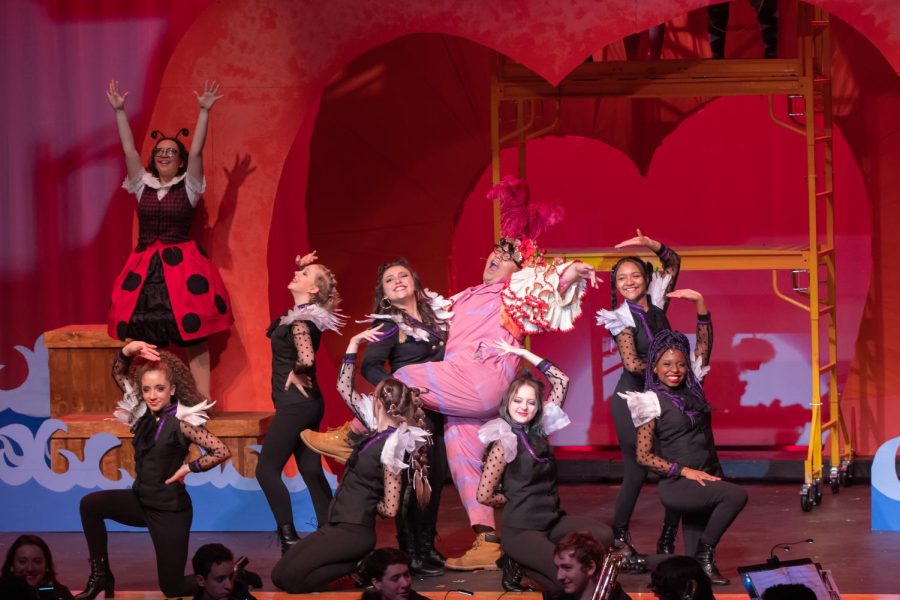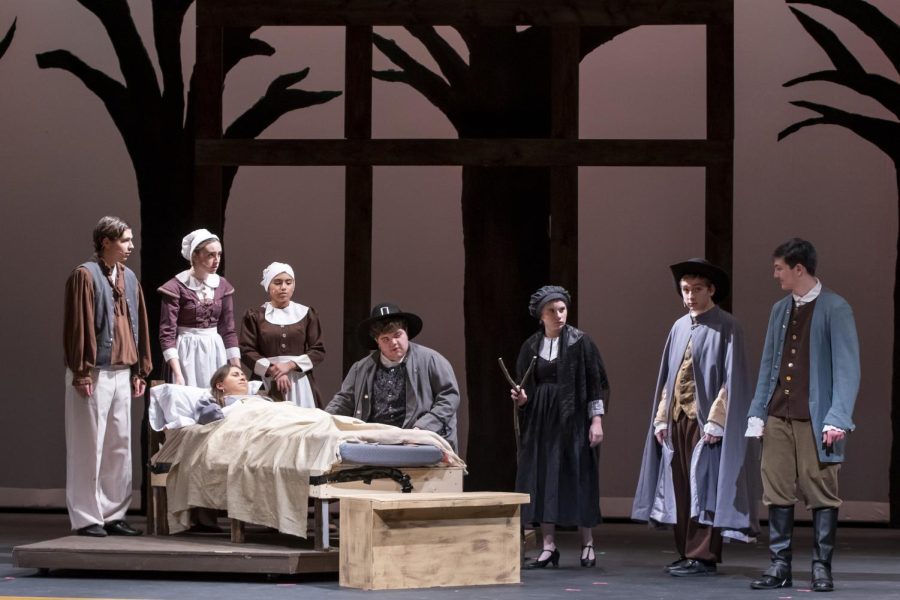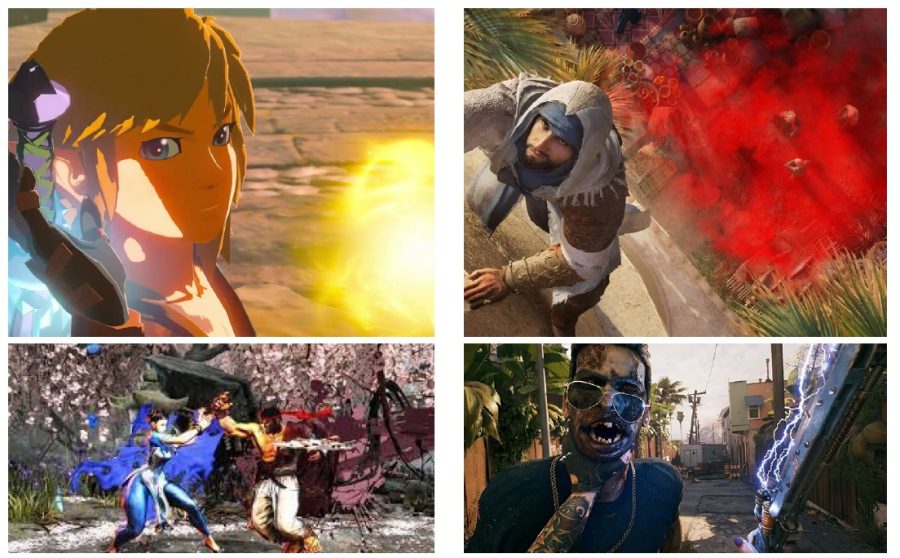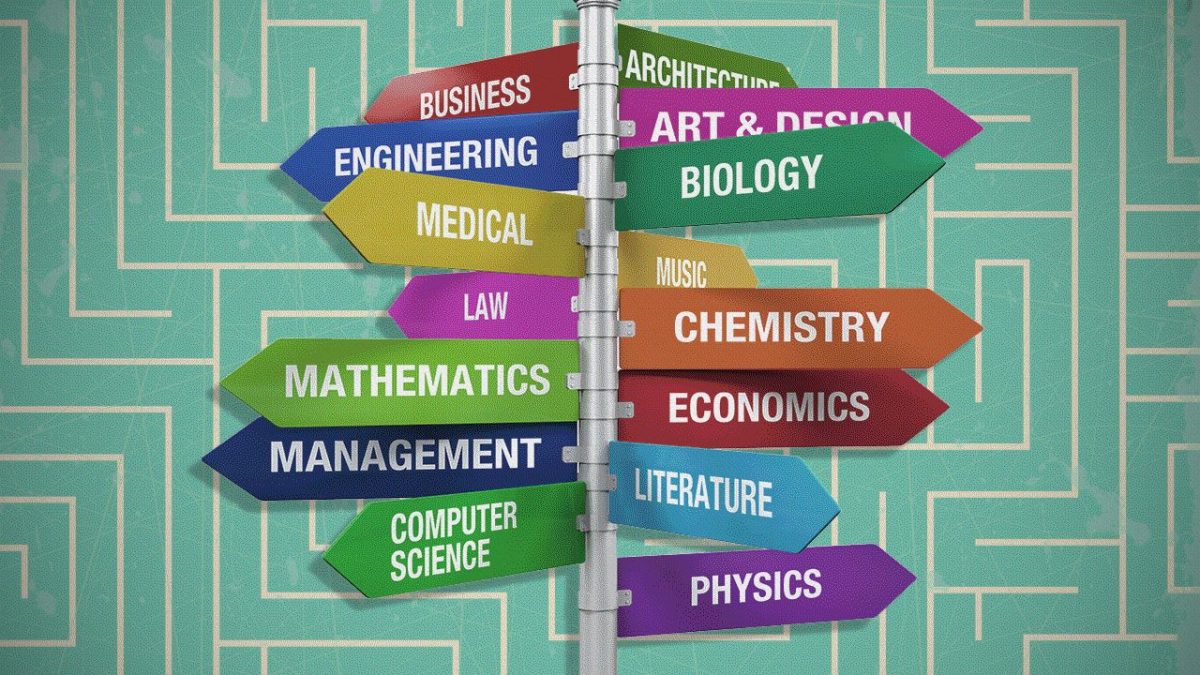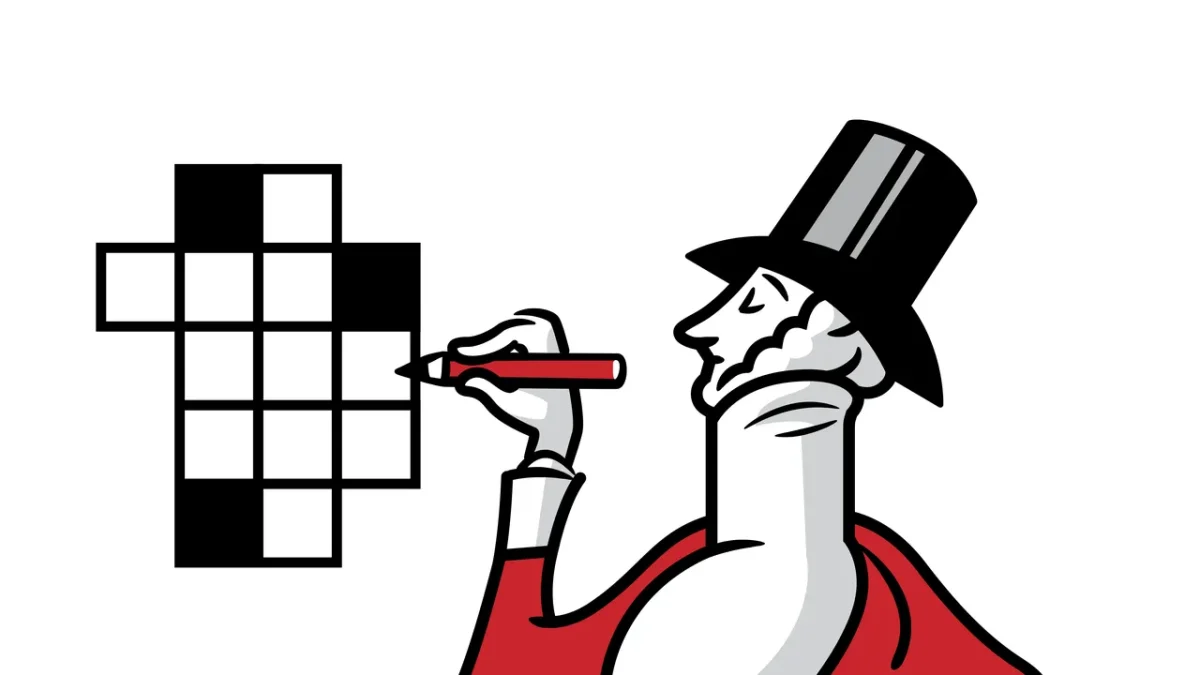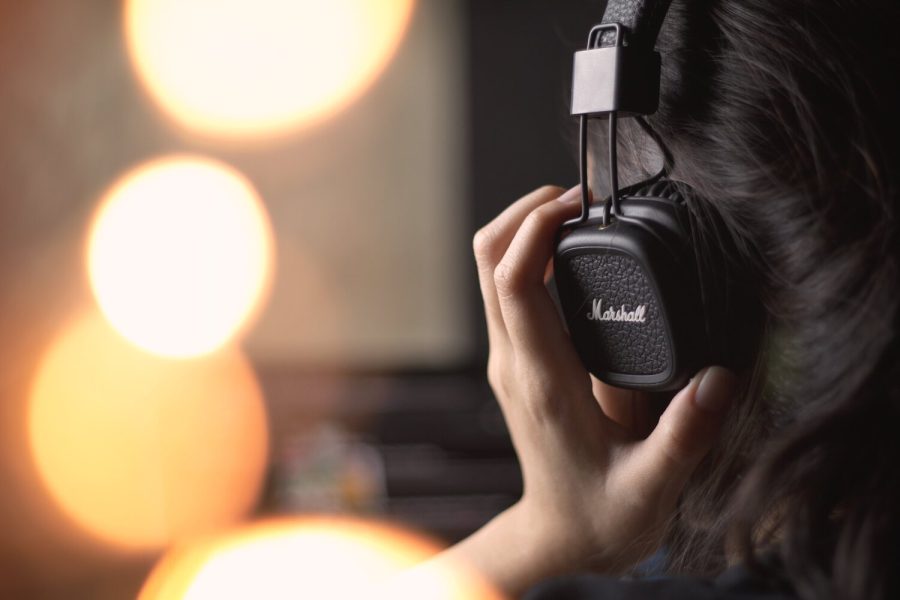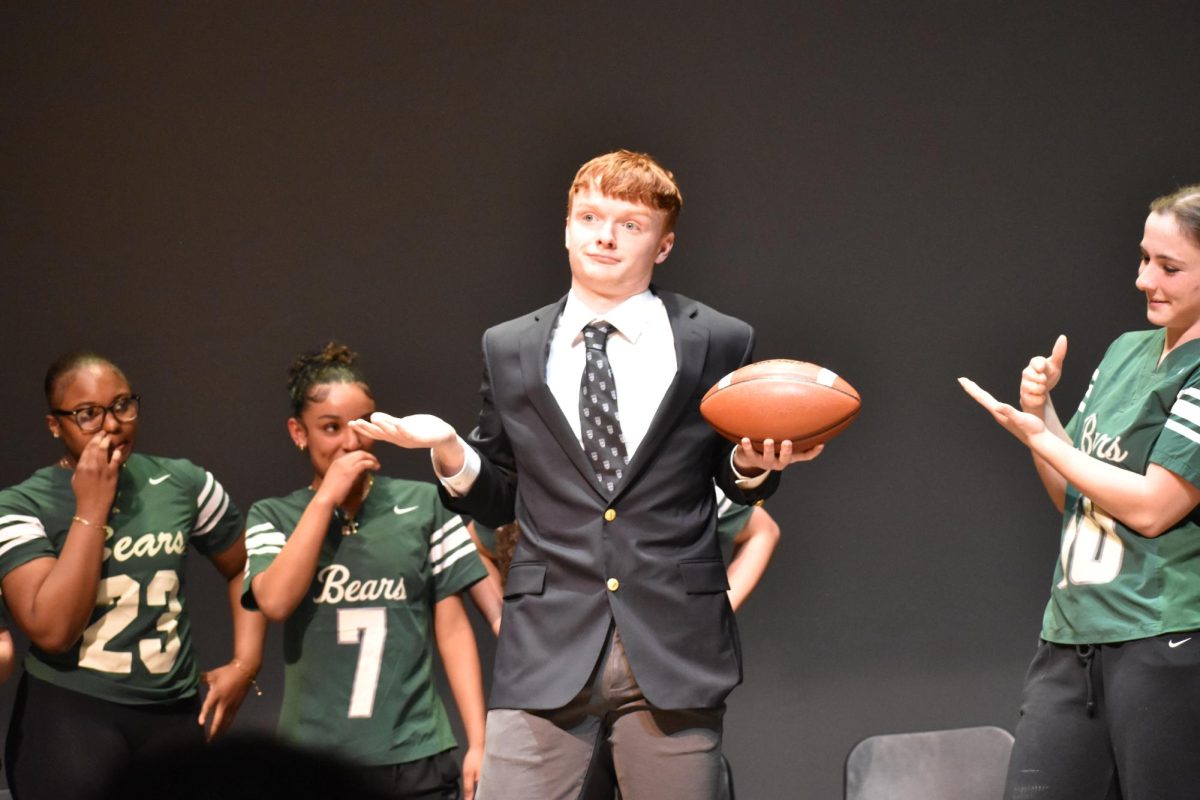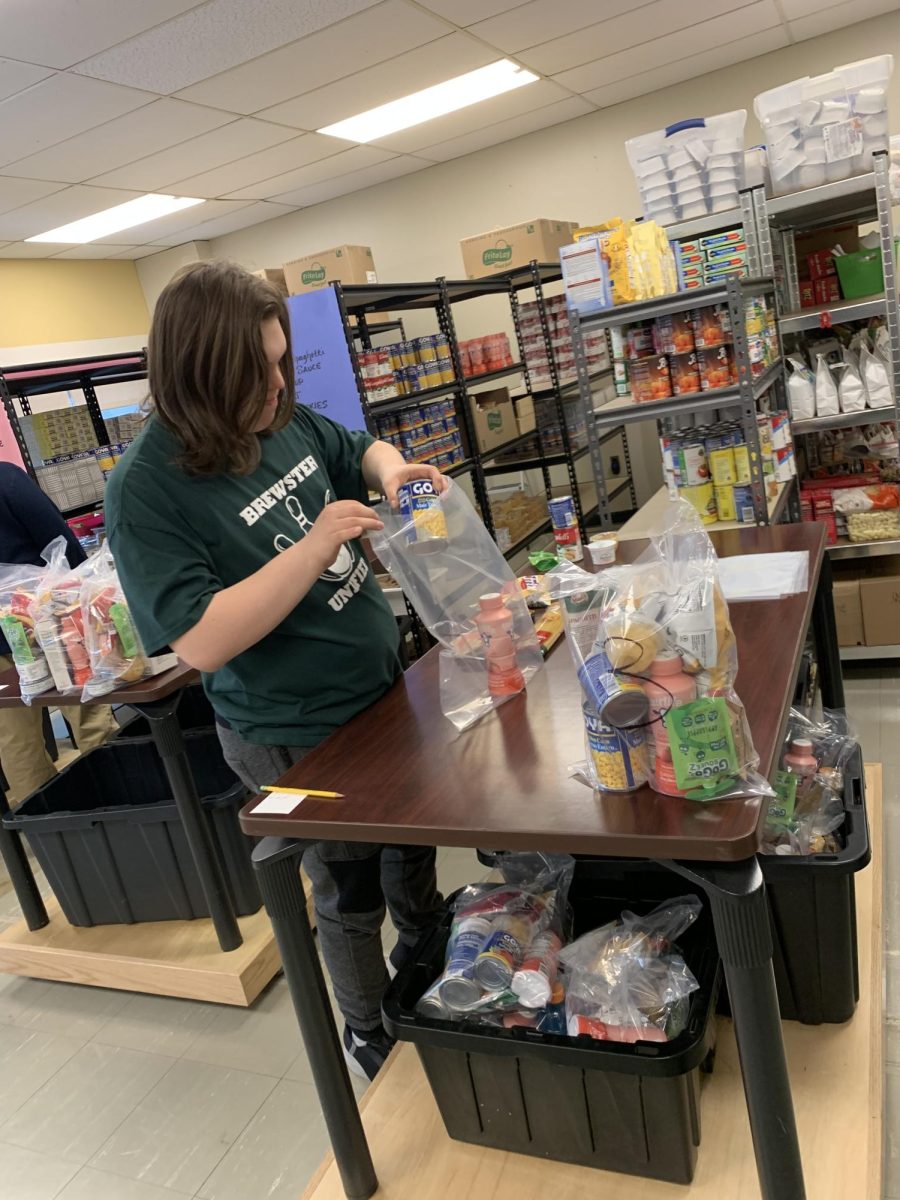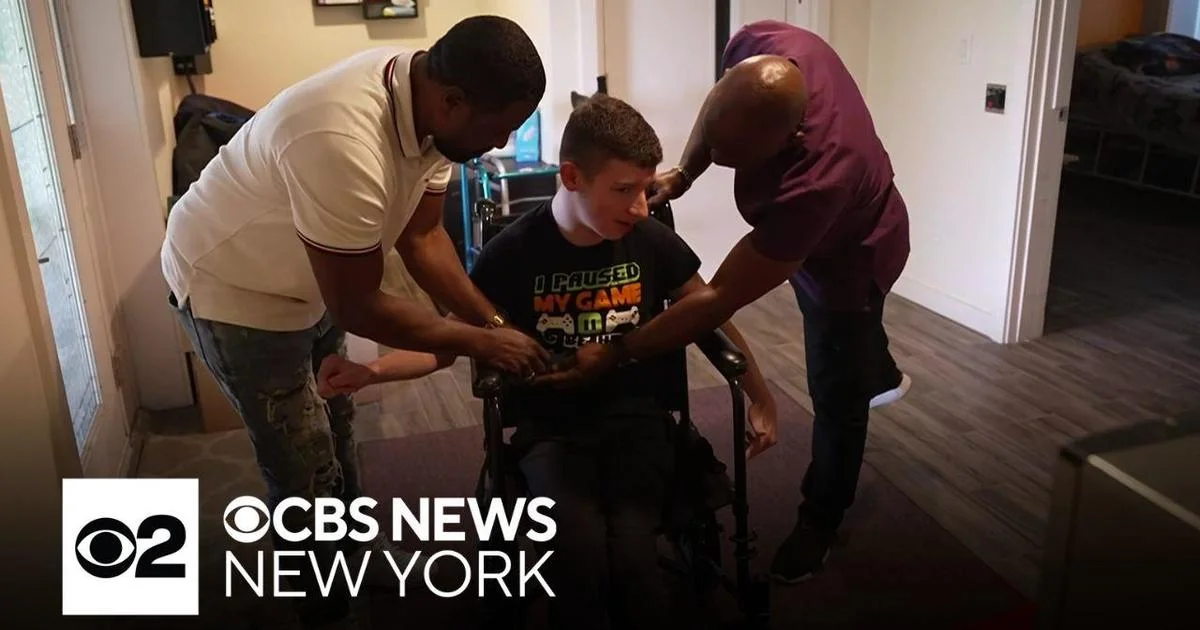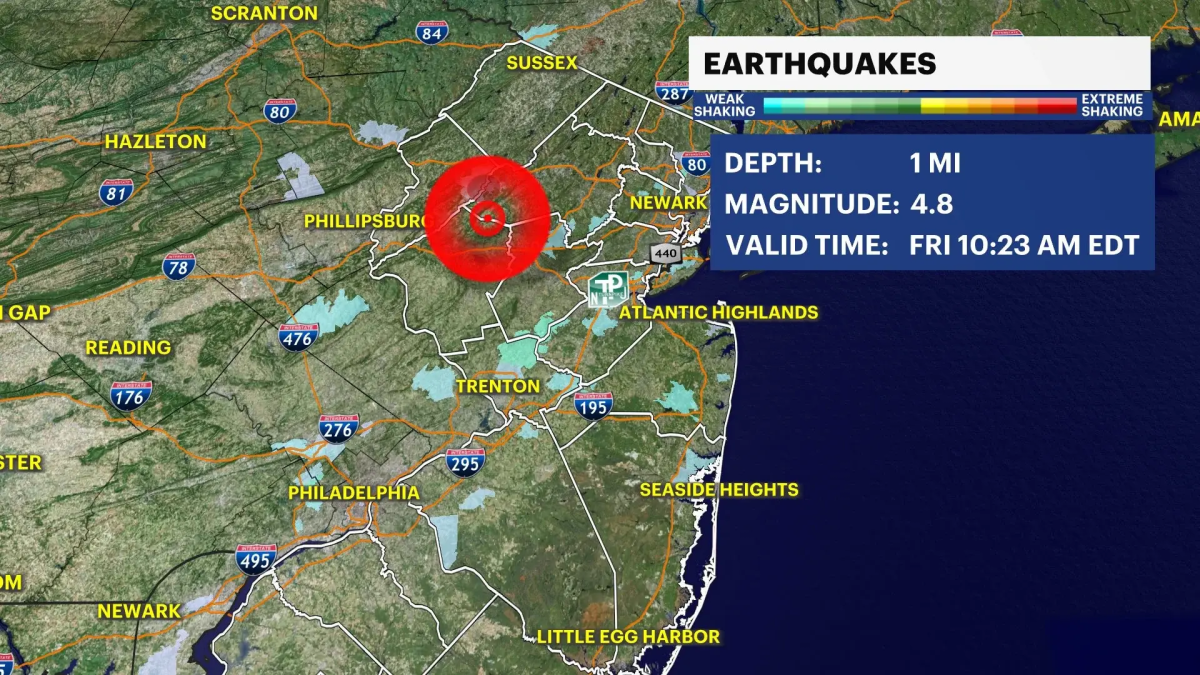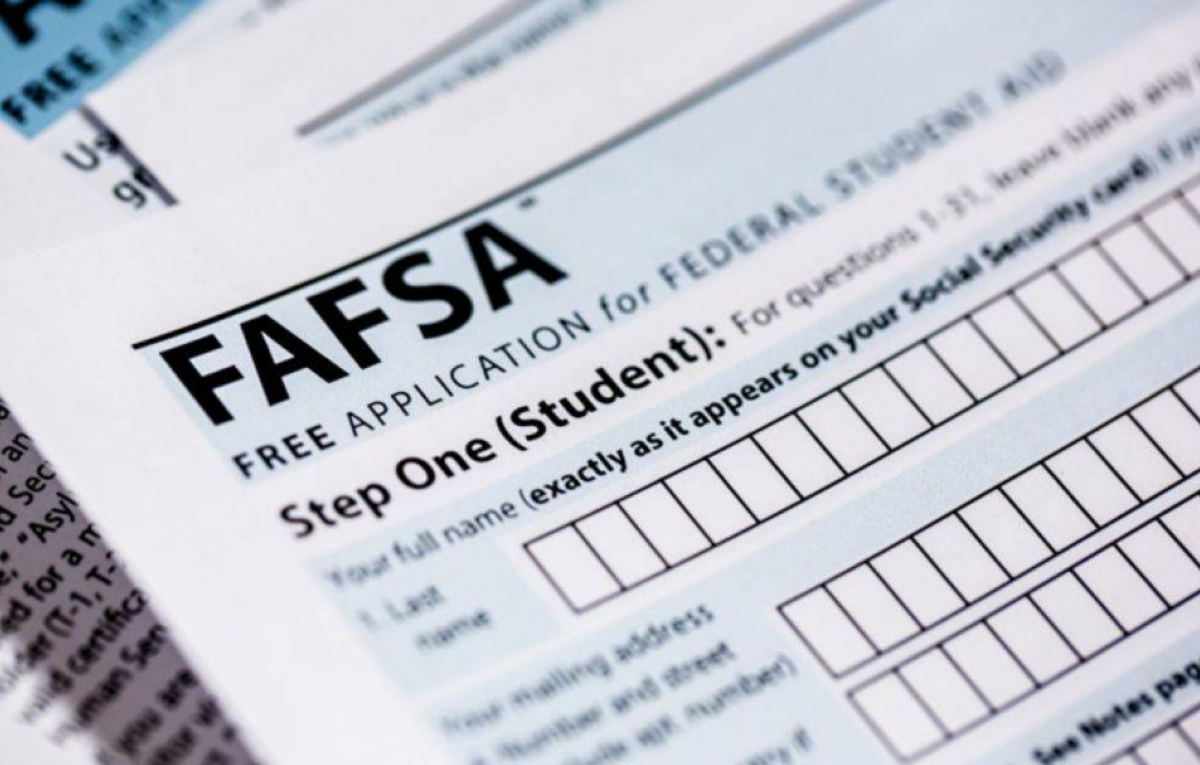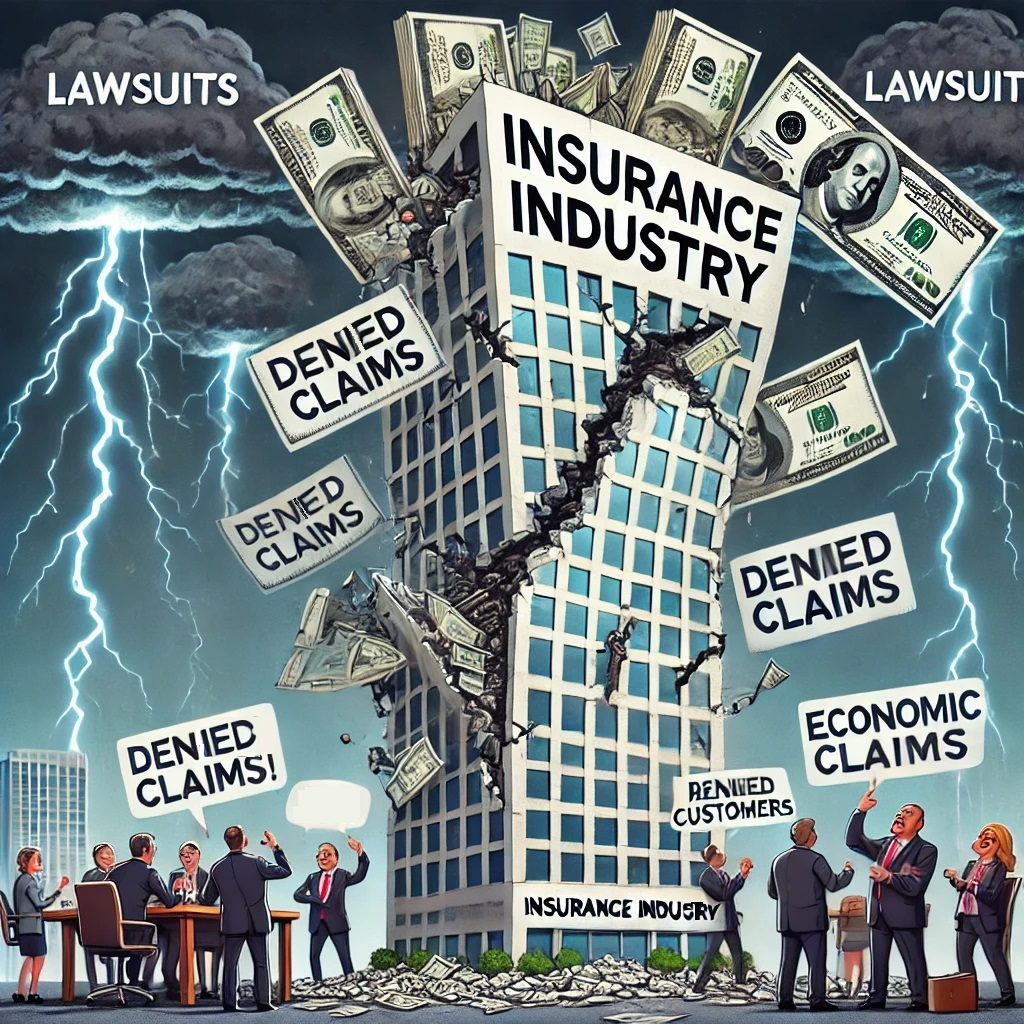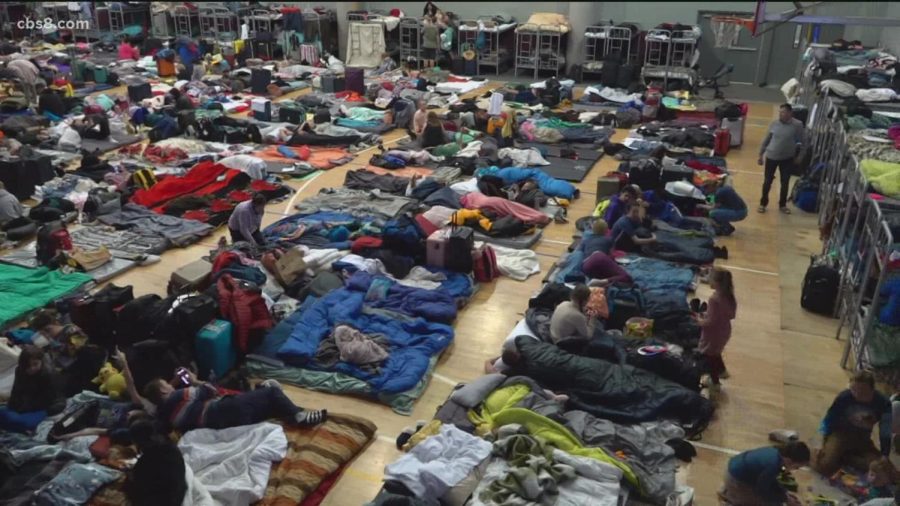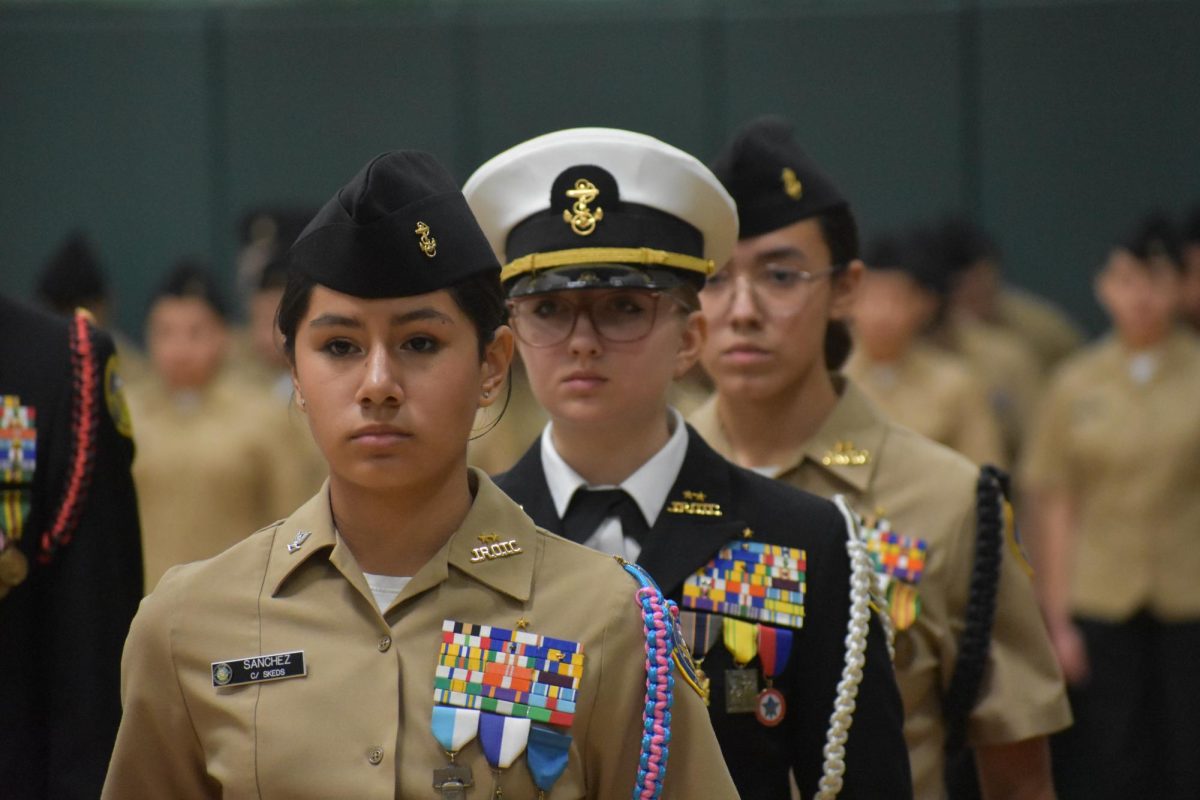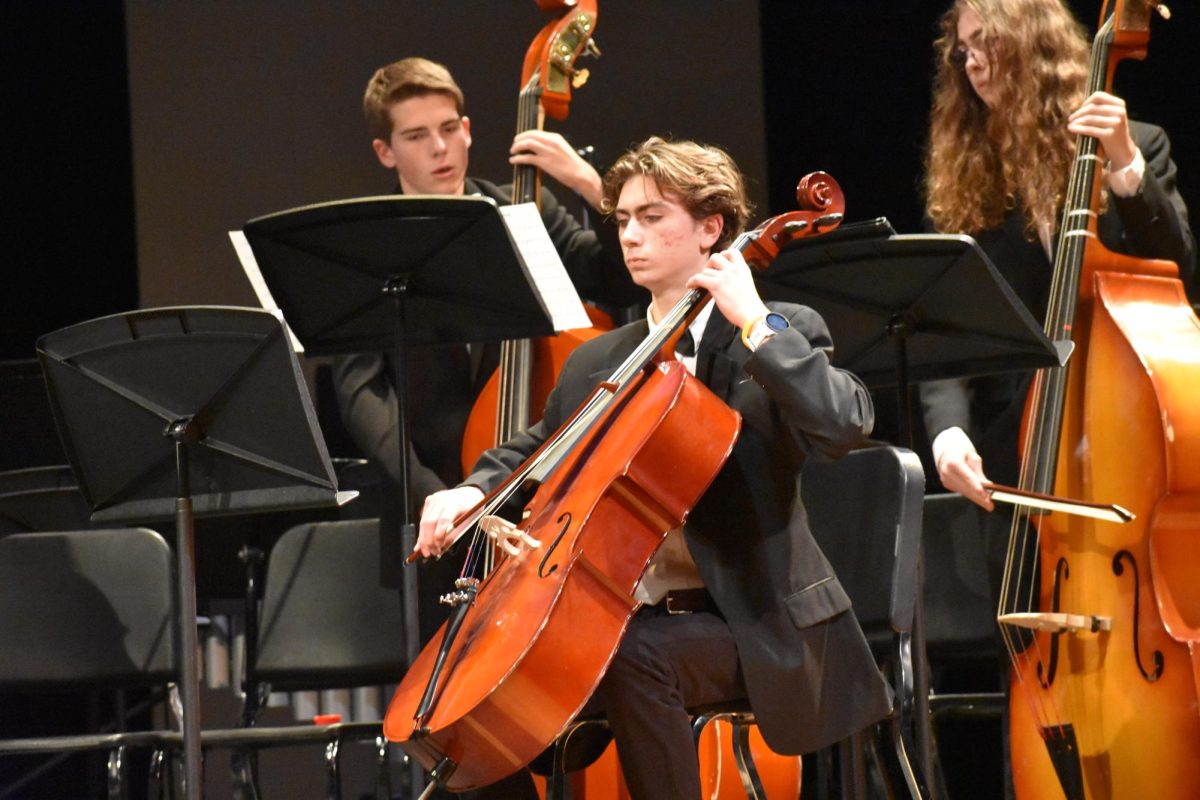Delegates, decorum, motions, directives, resolutions. You’ve likely seen these words in some of your classes or in the news, but what does any of it mean in practice, and why should you even care? Most often, you’ll hear these words used beside the two letters UN. Having a loose understanding of these terms can help you understand how government entities and your own school function.
Who and What is the UN?
The United Nations (UN) is an international organization that promotes the resolution of conflict and the administration of aid through peaceful measures. The UN places emphasis on the importance and value of human life and the quality of that life globally. You may have also heard of the North Atlantic Treaty Organization (NATO), which is an intergovernmental military organization promoting peace through the threat of a united force. Essentially, the UN pushes for international peace through peace, whereas NATO pushes for peace through the threat of a united military retaliation.
The UN is composed of delegates, or political representatives, from 193 member states across the globe who meet in various assemblies or groups to discuss and debate the issue at hand. The United Nations General Assembly (UNGA) is the main organ of the UN, wherein all member states have a voting representative to question, debate, and vote on resolutions to be passed. The UNGA is also responsible for appointing the Secretary General, the chief administrative officer, or head of the UN.
So What is Model UN?
Model UN is exactly as it sounds: a model of the United Nations that is student-run and student-populated. Most often, students will represent a member state or a notable historical figure in an actual assembly addressing a historical issue, past or present. Oftentimes, however, we take the rules and regulations of debate, or decorum, and apply them to other conferences that wouldn’t fall under UN authority, such as the Seneca Falls Convention of 1848, the formation of the League of Nations, or addressing the evident war crimes committed by Thanos in Avengers: Endgame.
Model UN takes the real procedures and workings of the UN and allows high school and, in some cases, middle school-age students to dive in and get hands-on experience of how an entity such as the UN functions. Students research their given position and act as the delegate in an assembly. Even if the views of their position go against the students personal beliefs or opinions, they are still responsible for accurately representing the position in good faith. Assigning students to research, explore, and represent a person or entity that they personally disagree with may seem counterintuitive to encouraging them to learn about our world and international affairs, but it more often than not proves to be more beneficial than representing someone they agree with on a surface level. Model UN forces students to tackle biases and misunderstandings they hold about the world through both real world examples and fictional scenarios.
So Why Do It?
Participating in Model UN teaches you how to prepare and research an argument, whether you believe in its ideas or not, and encourages you to research the real world around you, past and present. By researching and acting as a state or representative figure, you learn how the government entities of the world and even your own school’s Board of Education function. You learn how to gather information and present it to people working with and against you, how to negotiate and speak respectfully to others who don’t agree with you, and how to collect yourself and present it in front of large groups.
Last year, the Model UN club attended Cornell University’s Model United Nations conference in late April, boasting a registration of almost 1000 students, including international students. I represented the delegation of the Kingdom of Saudi Arabia at the World Convention on Women. Our topics included maternal health and the expansion of rights for women globally. Initially, I thought the committee would be a total wipeout. Other positions included Western states such as England, the United States, and Canada, and all I thought that I knew about Saudi Arabia was that, much like in Iran, a woman’s children belonged to her husband, and she couldn’t travel without a male relative. I initially believed my role in the committee was to, for lack of better words, play the devil’s advocate for the committee and to form an alliance against resolutions, or proposed laws and recommendations, drafted by Western states.
I couldn’t have been more wrong.
In my research, I came across the Saudi Vision 2030, which is chaired, or led by, the Deputy Crown Prince Mohammed bin Salman himself. The project includes a list of measures to be legally implemented by 2030 in order to modernize and revitalize the Kingdom of Saudi Arabia, including a long list of revisions made to laws to lessen the religious and legal oppression Saudi women face. Saudi Vision 2030 was introduced in April of 2016, almost a decade ago, and laws were revised almost immediately. With women’s freedom to travel seemingly coming first, the ban on women driving was lifted, as were the regulations confining women to the state. They are now able to get their own passports and travel domestically and internationally without the requirement of permission or the accompaniment of a male relative.
I went to work, drafting an eight-page position paper, pre-written speeches, and references to revised laws and recent implementations. In committee sessions, I was able to defend my representation of Saudi Arabia with articles I had printed out and marked up for those who could have, and did, complain that I was misrepresenting the Kingdom of Saudi Arabia, forcing them to read what I had prepared. I was able to argue in good faith and with good representation for the expansion of women’s rights and access to maternal healthcare after confronting and tackling my bias, and I believe that’s the best takeaway from Model UN.
Model UN is also the most student-run club at Brewster High School, with appointed officers overseeing various administrative tasks, from organizing multiple fundraisers throughout the year to filling out all associated paperwork for travel conferences to overseeing and running weekly general meetings. By participating, you learn and improve skills that will help you in not only your academic career but also your professional career and personal life. There is no real limit to what one can learn in Model UN, even after continual attendance at conferences and a variety of experiences.
Ryan Williams, a senior and one of the Directors of Operations this year, said, “I’m just really inspired by the creativity of the people around me and how we are able to learn what we learn in our history classes through first-hand experiences. And I’m honestly really inspired. Model UN is the most student-run club.” Ryan has been an active member of Brewster’s Model UN club for all four years of her high school career and has been an officer for the club for two years. Ryan has also served as a Director of Crisis, helping organize and run all crisis committees at our very own Model UN conference, BrewMUNC, last year. In doing so, she oversaw a number of ongoing committees, each with its own set of delegates, time frames, and constantly changing impacts on the world within the scope of the committee. Being a Director of Crisis for a conference is no small task, and the role is essential to making the conference run smoothly with an attendance of around 100 students from other school districts, including North Salem, Pelham, and Horace Greeley.
I have participated in Model UN for three years now, serving as a Director of Operations last year and now as the Secretary General, or head of the club. Overseeing the day-to-day operations of the club is no small feat, requiring a lot of organizational and communication skills and a small amount of time. However, what I’ve learned independently through Model UN is priceless, and forcing myself into uncomfortable situations via conferences and topics of debate has grown my own sense of confidence when speaking publicly and when presenting research and ideas.
Watching other students grow their confidence in their skills in public speaking and research has been one of the best parts of my final year at Model UN, and watching underclassmen experience their first conferences and come back from them excited is a feeling like no other. On April 18th through the 21st, twenty-seven Brewster High School students will be at Cornell University participating in their Model United Nations conference. (Breaking news: Roddy Cassidy won best delegate there!) For many in our delegation this year, it will be their second conference ever and a true test of, and an opportunity to grow, what they have learned and their confidence in themselves.


